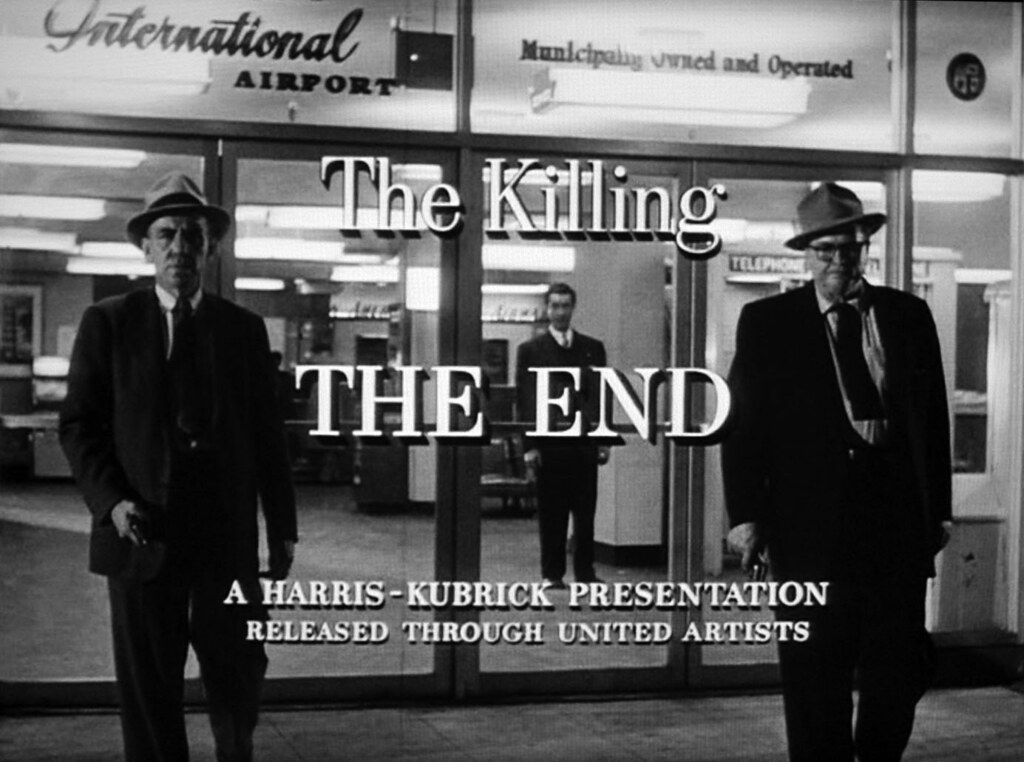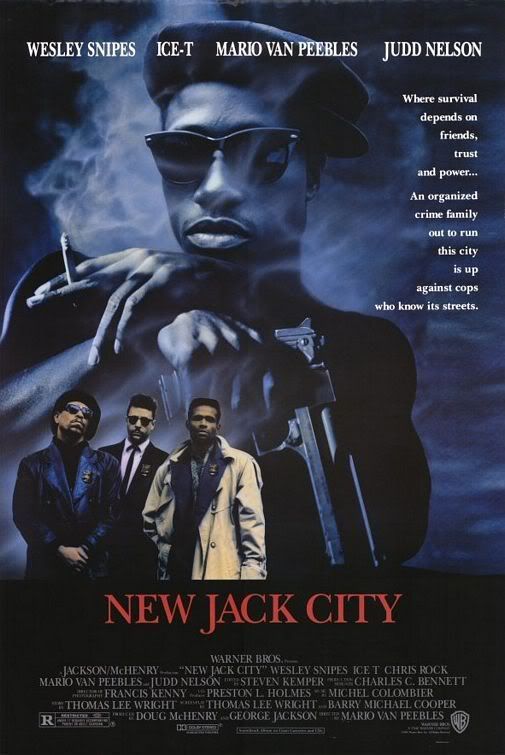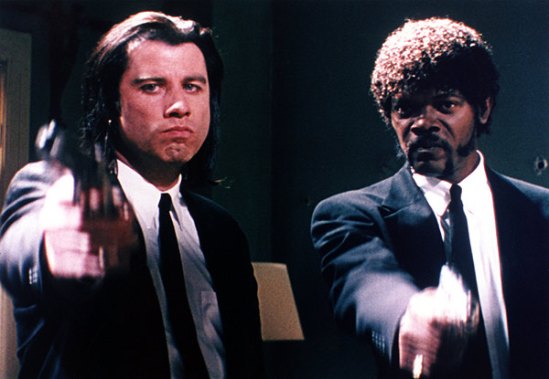Much has been written and said about the movie Super 8 (2011) and nostalgia. I suppose that is inevitable with a film that is set in the past, features children as the main protagonists, and opens with the Amblin Entertainment logo. I think that much of this talk is overstated. There is more to JJ Abrams’ Super 8 than just a Spielberg homage. Yes, the picture harkens back to classic American film storytelling but it is not an endorsement of willful naivety as some have suggested. I don’t think it was Abrams’ intention to offer an idyllic and idealized view of life in America in The Good Old Days. There is a loss of a parent at the outset and the characters suffer and witness horrors throughout. But beyond that, Super 8 is a Hollywood blockbuster that actually acknowledges this country’s legacy of oppression and mistreatment of those in its care. And in this “War on Terror” era of pre-emptive attacks the film offers an alternative to violence in dealing with our enemies.
The year is 1979. The place is a steel mill town in Ohio. The kind of place that used to be the heart of a working class America that today is dead or dying. Louis Dainard is a guy from the wrong side of the tracks, a single dad who drinks too much. One day he doesn’t make it to his job at the mill and one of his co-workers, a woman by the name of Lamb (who says Louis is just sad and needs a chance), covers his shift for him. She dies in an accident at the mill. Her husband is the local sheriff, her son Joe Lamb is the hero of the film.
Joe’s father – Jack, busy working man that he is, never really had to be an involved dad before. He thinks that it’s best to send Joe to a baseball camp where he can learn discipline and be trained in America’s Pastime. But Joe would rather do make-up and sound on his friend Charles’ super 8 movies. The latest movie that Joe and his friends are making is about a detective who is a Vietnam veteran fighting a zombie plague unleashed by a company that was making chemical weapons for the military.
It is during a shoot for this film out by the railroad tracks that mystery and adventure is thrust upon the young protagonists. There’s a spectacular freight train derailment that ushers in the fantastical element of Super 8. The catalyst for the crash is not one of the kids but a tertiary character, one that most discussions of this film don’t dwell upon but one character that I think is deeply significant. Dr. Thomas Woodward or “old man Woodward” as he’s known to his students enters the story in shocking fashion as he is purposefully driving his truck head-on into the Air Force freight train. In the immediate aftermath of the collision the apparently dead Woodward (played by Glynn Turman) sputters to life to warn the children never to speak of what they’ve seen, they face death and their families will be killed if they do. Later on the kids break into old man Woodward’s locker at the school in attempt to shed light on the mystery.
According to Woodward the greatest danger that the kids face is from the Air Force – who will destroy any outsider who knows too much. Jack Lamb becomes a target when he stumbles upon talk over CB radio of “Operation Walking Distance”. This is the secret mission where the military creates an apparent natural disaster (in the form of a “wild” fire) as a pretense for evacuating the town so that they can launch a full scale attack on an escaped prisoner who happens to be an extra-terrestrial. Strange occurrences thus far including pets going missing (walls covered with missing dog posters reminiscent of posters of missing loved ones in the wake of 9/11) and the disappearance of all things metal have already lead townsfolk to believe that a Soviet invasion is underway. If the movie was set today the first conclusion people would jump to would be “it’s the terrorists!” (meaning Arab Muslims). As in the Cold War era, a nation needs its boogeyman.
 |
| Watching the televised news coverage of the train derailment they witnessed. Charles says, "It's on the news. That means it's real." |
After the train catastrophe, Woodward is in a hospital bed in the custody of the Air Force – badly broken but still alive. He is interrogated by his nemesis, one Colonel Nelec, who claims to own the “precious cargo” that is the alien. Woodward understands that a conscious living being is not a commodity. The military authority does not. Just before the Air Force colonel (a white man) has a subordinate (a black man) kill Dr. Woodward with a lethal injection, Woodward tells Nelec that he is inside the alien and that the alien is inside him and the next time he sees the alien he’ll be looking out at him. Indeed when the alien kills the colonel it is a distorted version of Glynn Turman’s voice that we hear laughing before the fatal strike.
When the alien is loosed upon the town and is using its powers to turn the military’s weapons against themselves the small mid-western town becomes a warzone. Whether or not it was intended, I couldn’t help but think of children in the real world that suffer in warzones.
The ending of Super 8 left some people unsatisfied. In this age of fear when, to quote Paul Theroux: “Popular culture — books, films, music – has never seemed more philistine and trivial and escapist” as in the Speilberg executive produced Transformers: Dark of the Moon (2011) which is a blatantly militaristic, borderline racist and sexist assault on the brain that exemplifies victory in terms of complete destruction. The resolution of Super 8 may not have satisfied the bloodlust of those conditioned to expect the good guy to annihilate evil (the unspoken values of Hollywood) but I for one was truly impressed with what I realized was the most subversive summer popcorn flick since WALL*E. In the end our hero, Joe Lamb, cornered by a terrifying alien creature, bravely confronts this incredibly dangerous entity head-on. And instead of the usual myth of redemptive violence we witness a resolution through an amazingly courageous act of radical empathy. JJ Abrams has made the decision here to subvert the typical “might is right” conclusions that we see in entertainment and in the real world for a “love your enemies” solution. Acknowledging the suffering of the alien and illuminating the option of an end to violence and a return home, Joe shares his pain and his hope in spite of that pain with the alien creature: “Bad things happen, but you can still live.”
a version of this essay was originally posted at BlacRen










